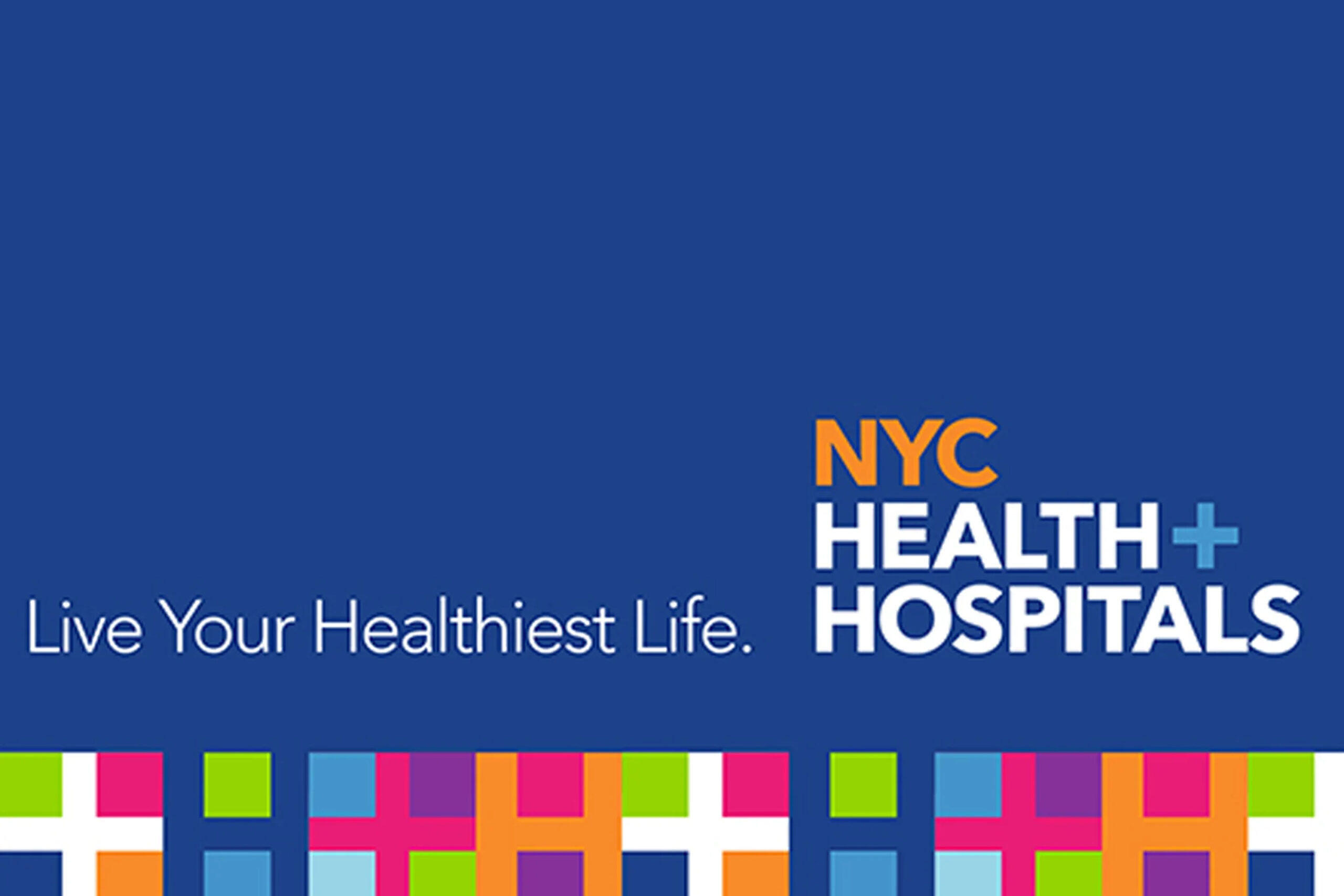New York City’s public hospital system has achieved remarkable success with plant-based meal programs, demonstrating that large-scale institutional food transformation is both possible and popular.
NYC Health + Hospitals, the largest public health system in the United States, has served over 1.2 million plant-based meals while maintaining an impressive 90% patient satisfaction rate, proving that institutional plant-based food can be both healthy and appealing.
Scale of Success
The program’s achievements highlight the potential for plant-based institutional food:
- 1.2+ million plant-based meals served across the health system
- 90% patient satisfaction rate with plant-based options
- Largest public health system in the US successfully implementing plant-based programs
- Proven scalability across multiple hospital facilities
Why Hospitals Are Leading
Healthcare institutions are increasingly adopting plant-based food policies for several compelling reasons:
Health Alignment: Plant-based diets support patient recovery and prevention of chronic diseases that hospitals treat daily
Environmental Impact: Hospitals are recognizing their responsibility to address climate change as a public health issue
Cost Effectiveness: Plant-based ingredients often provide cost savings compared to animal products
Community Leadership: Healthcare institutions have credibility to advocate for healthier, more sustainable food systems
Global Hospital Movement
NYC Health + Hospitals is part of a growing global trend, with over 400 hospitals worldwide committing to adopt plant-based policies by 2026. This movement spans multiple countries and healthcare systems, demonstrating universal applicability.
The success across diverse hospital systems shows that plant-based institutional food works across different:
- Cultural contexts
- Patient populations
- Healthcare delivery models
- Geographic regions
Implementation Lessons
The NYC success offers valuable insights for other institutions:
Quality Matters: The 90% satisfaction rate proves that plant-based institutional food must be genuinely appealing, not just compliant with policy
Scale is Achievable: Serving 1.2+ million meals demonstrates that plant-based programs can work at massive institutional scale
Health Framing Works: Positioning plant-based food as health-promoting (rather than restriction-focused) drives acceptance
Professional Execution: Success requires proper menu development, staff training, and supply chain management
Implications for Australian Institutions
While Australia’s healthcare system differs from the US model, the NYC success demonstrates several universal principles:
Large institutions can successfully transition to plant-based food service with proper planning and execution
Patient/client satisfaction can remain high when plant-based food is well-prepared and thoughtfully presented
Health institutions have unique credibility to advocate for plant-based food as both healthy and environmentally responsible
Scale creates impact: Large institutional purchasers can drive significant change in food system demand
Climate and Health Connection
The hospital sector’s embrace of plant-based food reflects growing recognition that climate change is a public health issue. By reducing their food-related emissions, healthcare institutions demonstrate leadership on preventive health action.
This connection between institutional food choices and broader health outcomes creates a compelling case for other public institutions, including councils, to consider similar approaches.
Looking Forward
As more hospitals worldwide commit to plant-based policies, the evidence base for successful institutional food transformation continues to grow. The NYC model provides concrete proof that large-scale change is achievable with proper implementation.
For Australian institutions considering plant-based transitions, NYC Health + Hospitals offers both inspiration and practical evidence that such programs can succeed at scale while maintaining high satisfaction rates.
